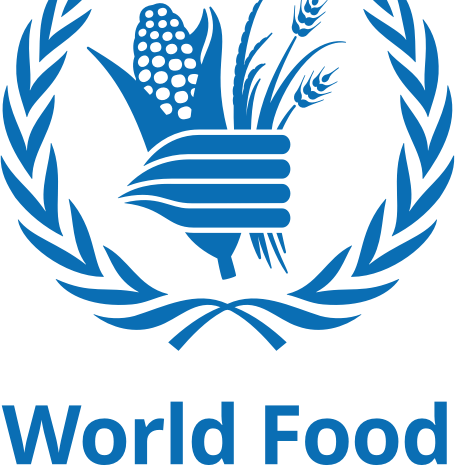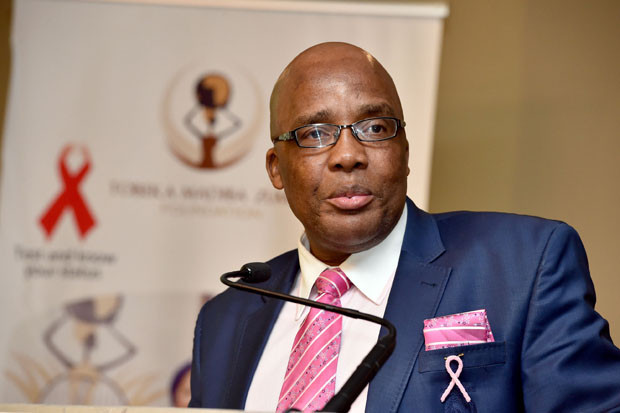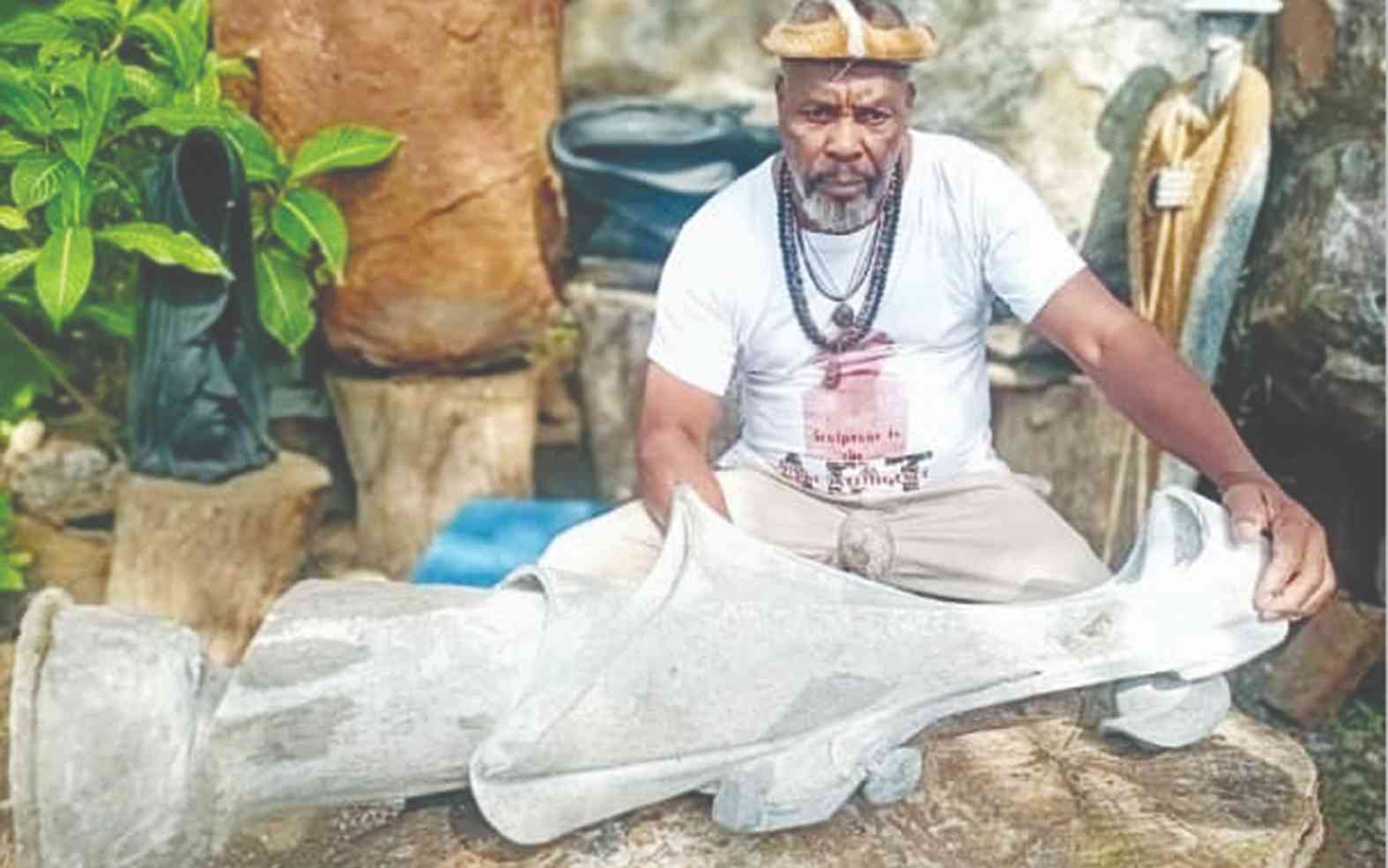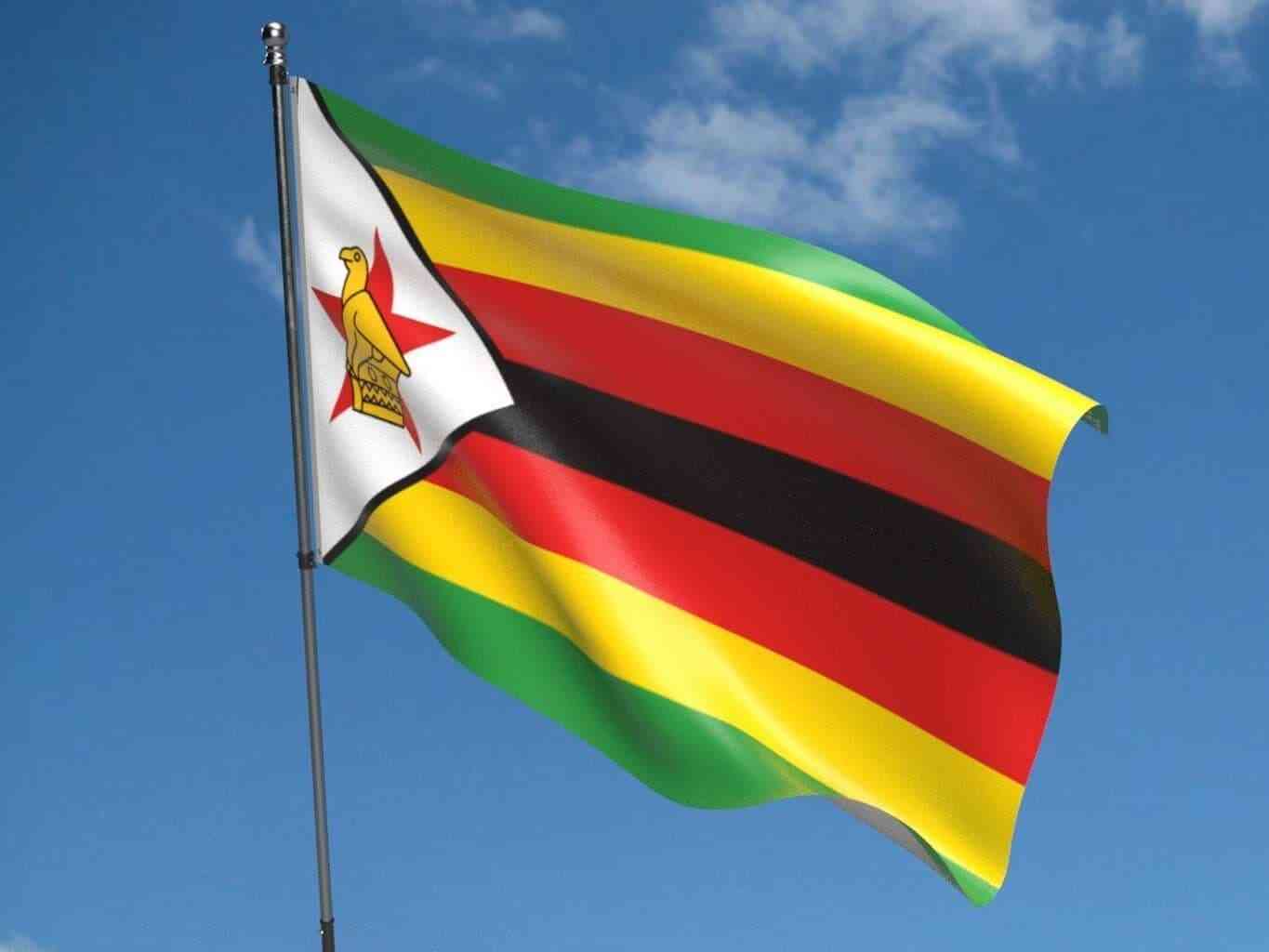
THE World Food Programme (WFP), in partnership with Dutch Christian Aid, funded by the Swiss Agency for Development and Co-operation, launched an urban cash grants and resilience programme to support vulnerable populations in Bulawayo during the current famine.
The programme aims to empower women-headed households and youths to start small-scale businesses.
According to Valerie Guarnieri, WFP assistant executive director, the initiative began in 2019 during the COVID-19 pandemic, when many people lost their jobs and remittances dwindled.
“We intensified programming in urban spaces, including cash-based transfers (CBT) and urban resilience building, as well as nutrition support for children under five,” Guarnieri said.
The CBT programme has reached 31 000 people, with a current caseload of 15 000.
The urban resilience programme has supported 1 000 individuals, including youths, with training in vocational skills, financial management and small business development, such as poultry and mushroom production.
Some of the beneficiaries like Fungai Zeka have seen significant improvements in their lives and businesses.
“In 2020, I received cash transfers from Dan Church Aid and WFP, which eased my struggles as the sole breadwinner for a family of eight,” Zeka said.
- Govt to distribute grain as hunger stalks millions
- Zim’s urbanites facing high prices
- 3,8m villagers face hunger
- Food crisis looms in Sadc
Keep Reading
“The assistance covered food, medication and rent.”
Zeka also received support from the urban resilience project, including 50 broilers, feed and training in business management and poultry production.
“The support allowed me to diversify into peanut butter processing and supply of goats and dried fish. My company now supplies major supermarkets,” she added.
Another beneficiary, Loveness Sibanda, pivoted from petty trading to poultry farming with the help of the urban resilience project.
“I received a starter kit with 50 Sasso free range chicks, feed, training in poultry production, business management and savings. After market research, I switched to broilers and completed 10 batches,” Sibanda said.
She also received a US$500 youth grant to expand her operations and has diversified into cosmetics, baobab drinks and confectionery, ensuring a steady income.
“I have joined a successful savings group,” she said.










